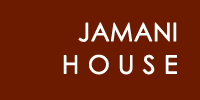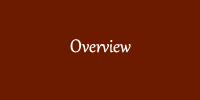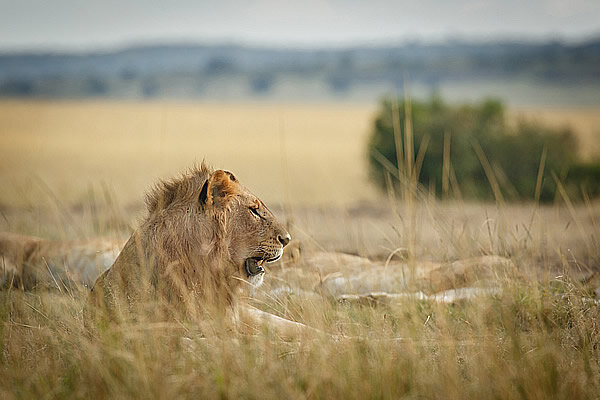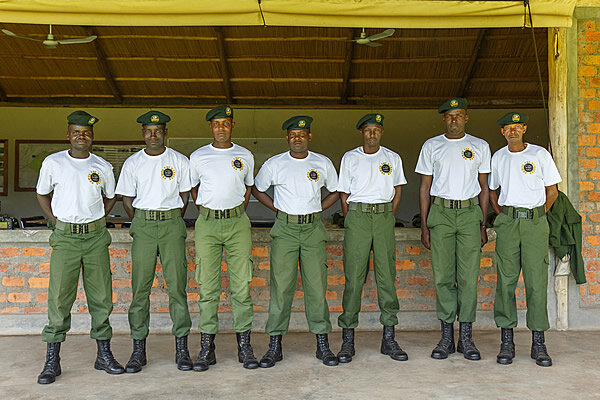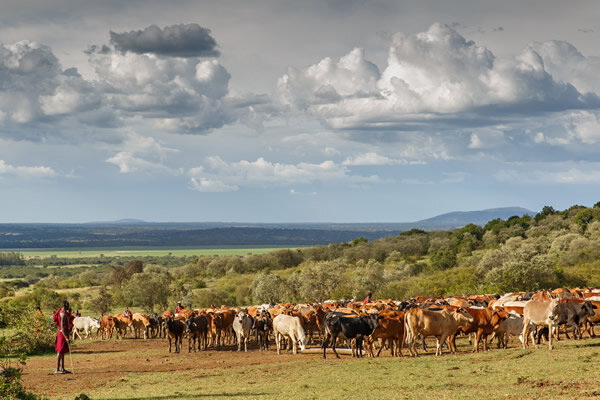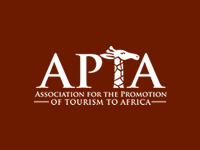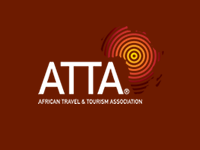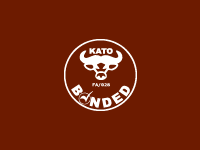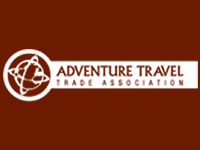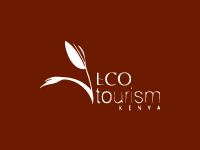Conservation & Community
Conservation fees go towards the Enonkishu, Ol Chorro and Lemek conservancies. Enonkishu means “Cattle” in the Maa language. The preface of promoting the co-existence between wildlife and livestock is essential to the long term preservation of the wildlife grazing land outside of the Maasai Mara national reserve, by building models of multiple revenue streams which builds resilience. Enonkishu manages a regenerative grazing system that conserves forage for wildlife and improves livestock management diversifying conservancy incomes.
The Enonkishu Conservancy, works with 50 Maasai families to protect the surrounding wildlife grazing areas so the community can earn revenue from guests as well as from their cattle, in a holistic grazing plan, where wildlife and cattle can thrive together.
With the creation of the Enonkishu Conservancy and the Mara Training Centre, money is raised through conservation fees and other community-based enterprises, to support sustainable rangeland management that allows space and resources for the people, cattle and wildlife. Enonkishu has been selected as a conservation partner with WWF, UNESCO and IHE as the pilot scheme in their regenerative rangelands project.
The award winning Enonkishu Conservancy has a large density and variety of game and has become a world class conservation area, where animals migrate freely between the neighbouring conservancies. There is a resident pride of lion, plenty of leopard and elephant take refuge in the shade of the forests and browse on the branches of the trees on the Kileleoni Hill. Night drives are offered and honey badgers, porcupines and aardvarks can often be seen.
Conservation fees are distributed to the landowning community that allows guests to traverse through Enonkishu, Lemek and Ol Chorro Oiruwa Conservancies, offering some spectacular landscapes and wildlife viewing.
Enonkishu Conservancy (Maa for place of healthy cattle) is a member of the Global Savory Hub Network, which is run under Holistic Management, enhancing environment, communities and revenues for the pastoralists and landowners in the region.
Futures in the Wild
Education Support Programme: The Emarti Primary school has grown in capacity and the Emarti Secondary School has been built by support through Naretoi and House in the Wild and many young minds have been put through primary, secondary and tertiary education due to this support. All guests are invited to visit the schools if they’d like.
Emarti clinic: This mobile clinic focuses on immunization, family spacing, women’s empowerment and health support for families in the surrounding area.
Tree Nursery: This tree nursery aims to produce more than 60,000 indigenous trees annually for reforestation projects in the region.
Read more about conservation efforts in Futures in the Wild and The Long Run.
Downloads
“The future of the wildlife in this area lise in the hands of these children so we are doing all we can
to ignite their passion for wildlife”

